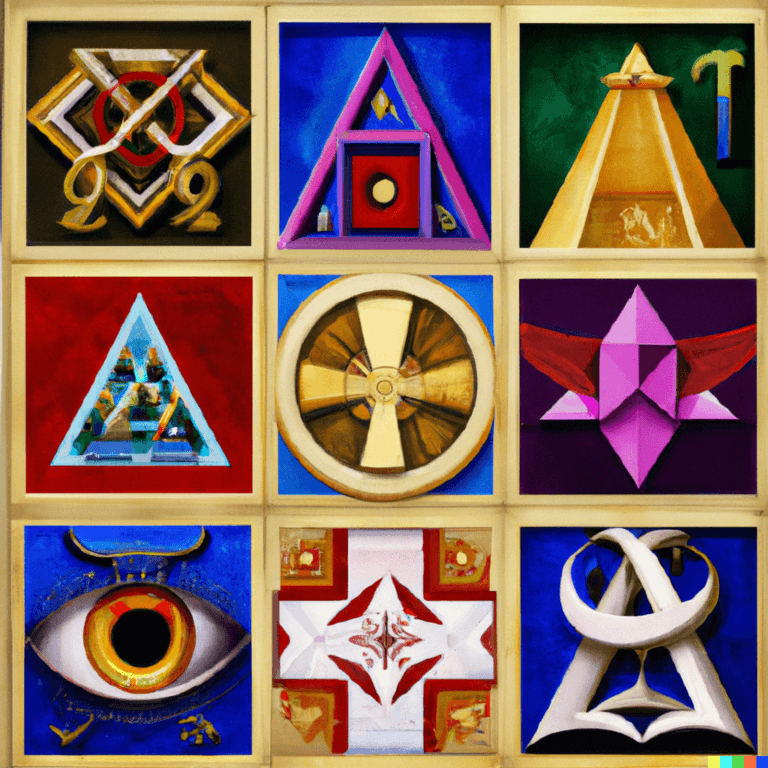Writing as a Magickal Act: The Power of the Written Word in Occult Traditions
The act of writing, since the dawn of civilization, has always been imbued with a sense of power and magic. Whether carved into stone, inked on parchment, or typed into the digital realm, words have consistently been employed as tools of influence, transformation, and transcendence. For the occult practitioner, writing becomes not just a means of communication, but a ritual in itself, capable of manifesting change both within and without.
1. The Origins of Writing and Magick
Historically, writing and magick have often been intertwined. The ancient Egyptians used hieroglyphics not just for record-keeping, but also for spiritual and ritualistic purposes, invoking the power of the gods. Similarly, runes in Norse tradition were not only an alphabet but were also used in divination and as charms for protection, love, and victory.

2. The Power of Intention
In magickal traditions, intention is everything. Writing serves as a physical manifestation of that intention. When one writes with purpose, they are, in essence, channeling their will into the material realm. This can be as simple as scripting an intended future or as complex as drafting a detailed ritual or spell.
3. Sigils and Symbols: The Concentration of Power
A particularly potent form of magickal writing is the creation of sigils—mystical symbols that represent a specific intention or desire. By condensing a statement of intent into a singular symbol and then focusing energy upon it (often by meditating, visualizing, or ritually activating it), practitioners believe they can embed their will into the universe, thereby influencing outcomes.

4. Words as Vibrations
Esoteric traditions often teach that the universe is made up of vibrations and that words—spoken or written—carry their own unique frequencies. When we write, we are essentially inscribing these vibrations onto a physical or digital medium. Sacred texts, mantras, and affirmations owe much of their power to this principle.
5. The Book of Shadows: Writing as a Sacred Repository
Many modern witches and pagans maintain a “Book of Shadows,” a personal and often secretive journal of spells, rituals, and reflections. This book serves not just as a reference but as a living entity, growing and evolving with its owner. By chronicling one’s magickal journey, the practitioner imbues the book with their energy, turning it into a powerful magickal tool in its own right.
6. Digital Alchemy: The Modern Magick of Writing
In our age of technology, writing has taken on new forms, from blogs to social media posts. Yet the fundamental power of the written word remains. Digital platforms can be seen as the modern grimoires, where practitioners share knowledge, cast digital “spells” (think viral intentions), and co-create collective narratives that shape societal consciousness.
Conclusion
Writing, in its many forms, remains a profound magickal act, capable of influencing the internal landscapes of our minds and the external realities of our world. Whether we’re penning a heartfelt letter, crafting a spell, or simply journaling our reflections, we’re engaging in an age-old ritual, weaving our intentions into the fabric of existence. The next time you write, remember: you’re not just recording words—you’re performing magick.







